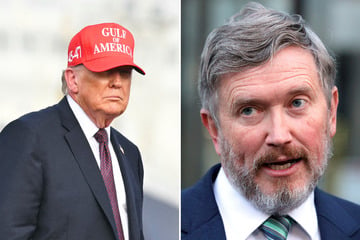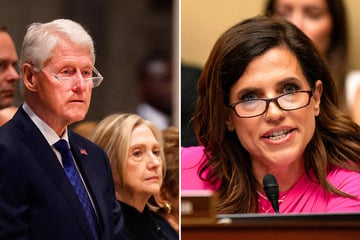Biden announces huge "surge" in Ukraine aid with package that includes controversial munitions
Washington DC - President Joe Biden announced on Thursday a "surge" in assistance to Ukraine, including nearly $8 billion in military aid, new long-range munitions, and controversial cluster munitions, ahead of a meeting with Ukrainian President Volodymyr Zelensky.

Zelensky is due to present his "victory plan" in meetings with Biden and US Vice President Kamala Harris on Thursday in Washington, where the US president will also officially unveil a boost in aid to Ukraine to support its fight against Russia.
"Today, I am announcing a surge in security assistance for Ukraine and a series of additional actions to help Ukraine win this war," Biden said in a statement.
Biden pledged nearly $8 billion in military aid, including $5.5 billion to be authorized before it expires at the end of the US fiscal year on Monday.
Another $2.4 billion was pledged via the Ukraine Security Assistance Initiative (USAI), meaning it will not immediately arrive at the battlefield, as the munitions need to be bought from the defense industry or partners, rather than drawn from US stockpiles.
Ukraine to get more cluster bombs

Biden also announced Washington would provide Ukraine with the Joint Standoff Weapon (JSOW) long-range munition, "to enhance Ukraine’s long-range strike capabilities."
However, the statement did not mention Kyiv's hoped-for permission to launch US-made long-range missiles into Russia.
Zelensky has been pushing the United States hard to give the green light for Ukraine to fire deeper into Russian territory – permission Biden has so far refused.
Russia has warned that step would lead to all-out war with Ukraine's allies. President Vladimir Putin on Wednesday unveiled new proposed rules that would permit Moscow to use nuclear weapons in response to a massive air attack.
In a separate, the State Department announcement a $375-million package that controversially includes cluster munitions, which disproportionately endanger civilians and are banned by over 100 countries – the US and Russia not among them.
Cover photo: REUTERS

